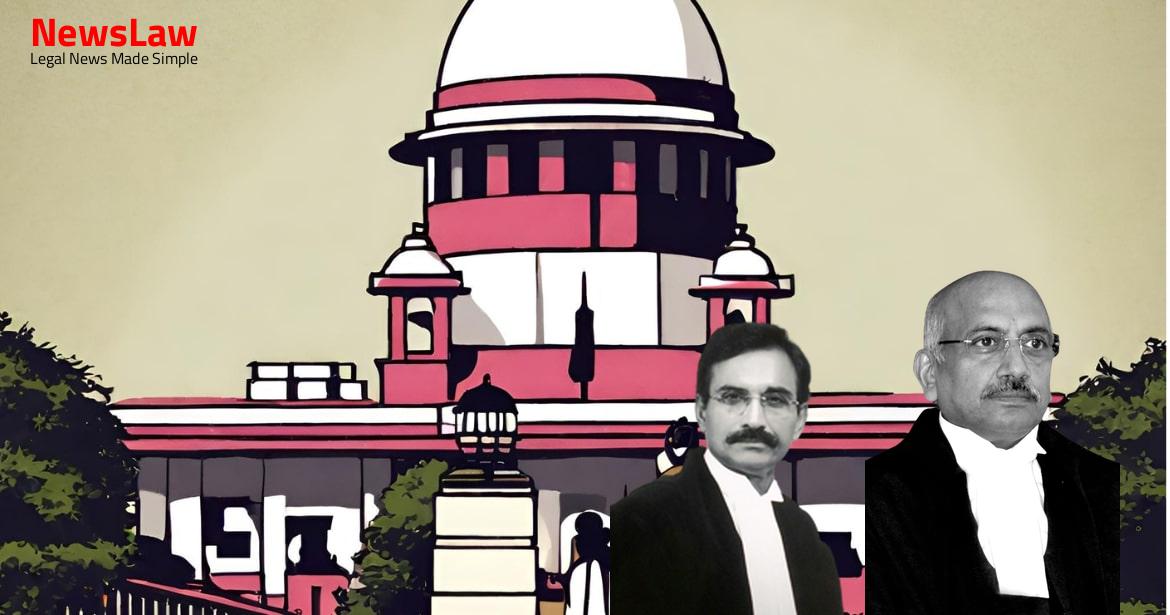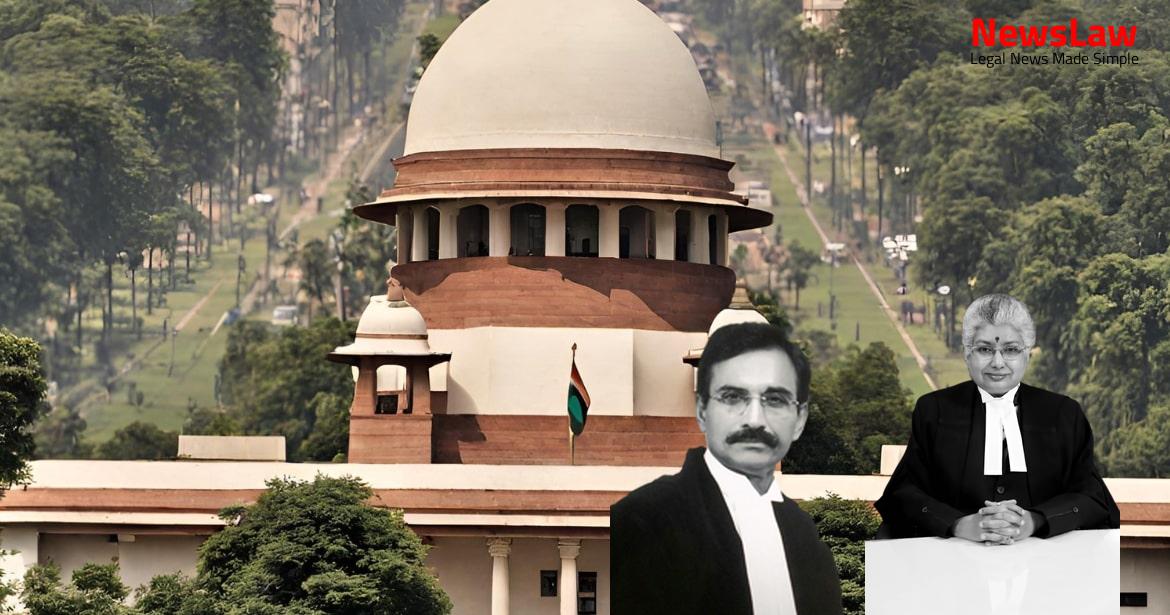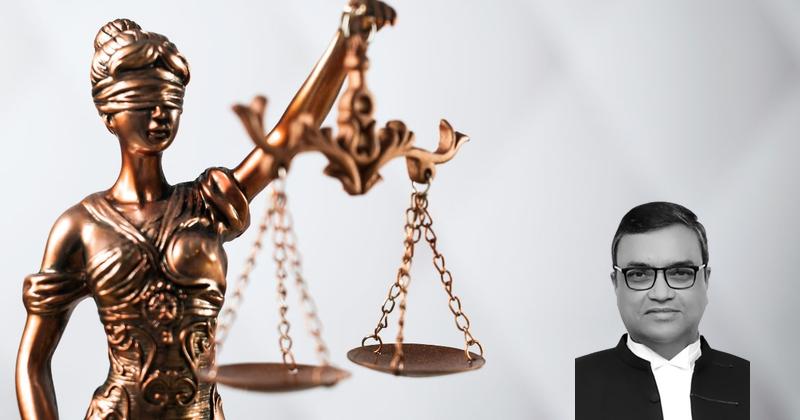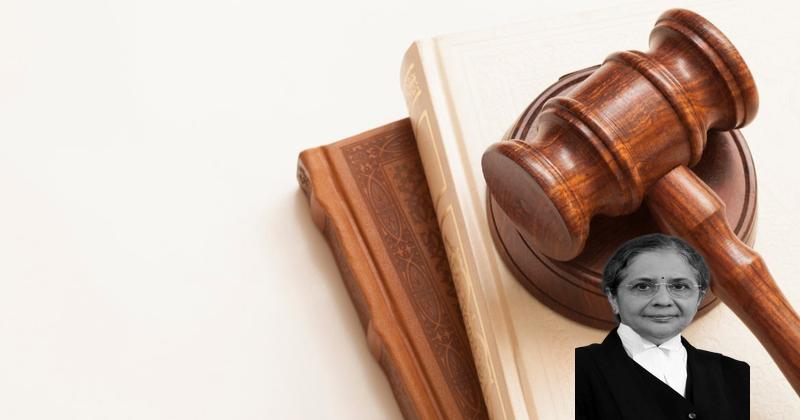Explore the legal battle over grade pay disparity between Military and Civilian Chief Engineers in the recent Indian Supreme Court judgment. The case delves into the principle of equal pay for equal work, highlighting the importance of fair remuneration regardless of the nature of appointment. Stay tuned to know more about this significant ruling impacting the military and civilian workforce.
Facts
- The Appellants were directed to consider the claim of the Respondent for payment of grade pay of Rs.10,000/- or more at par with civilian counterparts holding the post of Chief Engineer in the Military Engineering Services (MES).
- The Respondent was commissioned in the Army on 16.12.1978 and allotted to the Corps of Engineers in July 2005.
- The Respondent was promoted to the rank of Brigadier and posted as Chief Engineer in the Shillong Zone of the Military Engineering Service.
- The Tribunal held that the disparity in pay leads to the reduction of status of an employee and amounts to an adverse public perception of their capability and efficiency.
- The Tribunal referred to the principle of ‘equal pay for equal work’ established in various judgments including Randhir Singh v. Union of India, Bhagwan Dass and Others v. State of Haryana and Others, and Jaspal & Others v. State of Haryana and Others.
- The nature of appointment being tenure or temporary in nature does not affect the claim for equal pay for equal work.
- The Tribunal emphasized that payment of lesser salary to an employee holding the same post affects fundamental rights.
- The Tribunal allowed the O.A. filed by the Respondent and granted the relief sought, directing the Appellants to pay arrears and re-fix grade pay at Rs.10,000/- with benefits and interest.
Also Read: DHFL Moratorium: Depositor Rights & RBI Intervention
Arguments
- The Appellants argued that the hierarchy of ranks in the Indian Army differs from that of the IDSE.
- They contended that the conditions of service for Commissioned Officers in the Army and civilian Chief Engineers are not the same.
- Appellants pointed out that Commissioned Officers have an all-India liability for postings, unlike civilian engineers.
- The Respondent’s counsel stated that the IDSE Service Conditions Rules apply only to civilian Chief Engineers, not to Army Officers.
- Reference was made to the recommendations of the 6th Central Pay Commission regarding grade pay and pay bands.
- It was argued that the Respondent, even though on tenure basis, is entitled to parity of grade pay with civilian counterparts.
- The Appellants argued that Army Officers and civilian counterparts in IDSE are distinct classes, thus not eligible for the same grade pay.
- The judgment in Confederation of Ex. Servicemen Associations v. Union of India was cited to support the argument.
- The seniority of a post was linked to the grade pay drawn, with mention of the Military Service Pay for Army Officers.
- Various facilities like canteen, mess, and ration given to Army Officers were listed as factors differentiating their pay structure and conditions of service from civilian Chief Engineers.
- The Respondent claims benefits for the period worked in the MES.
- The Respondent’s contention is that the MES is governed by the MES Regulations under the Army Act, 1950.
- The benefit claim is specific to the period of employment in the MES as per the Respondent.
Also Read: State of Karnataka v. [Respondent]
Analysis
- Rule 12 of the IDSE Rules exempts Army Officers on tenure basis as they are governed by the Army Act
- IDSE Rules regulate recruitment and conditions of service for Indian Defence Service of Engineers in Ministry of Defence
- Rule 3 of IDSE Rules outlines constitution of Indian Defence Service of Engineers
- Validity of IDSE Rules not challenged by the Respondent
- 27 civilian and 9 military officers of Chief Engineer rank on staff appointment
- Service in Indian Defence Service of Engineers consists of posts specified in Schedule I
- Respondent was appointed on tenure basis according to MES Regulations, making IDSE Rules inapplicable
- Army Officers are a separate class, not applicable to IDSE Rules
- Post of Chief Engineer, Senior Administrative Grade outlined in Schedule I
- Pay scale for Chief Engineer, Senior Administrative Grade defined
- Regulation 3 of MES Regulations outlines posts and percentage of Army Officers in Corps of Engineers
- Total number of posts for Chief Engineer and percentage filled by Army Officers specified
- Principle of ‘equal pay for equal work’ applies to tenure appointments, but IDSE Rules govern grade pay for Chief Engineer, Senior Administrative Grade
- Respondent not entitled to claim parity with IDSE members
- Classification of military personnel as different from non-military personnel is permissible and valid.
- Army Officers serving in the Military Engineering Service (MES) as Chief Engineers receive the same benefits and perks as Brigadiers.
- Grade pay should not be made available to all persons working as Chief Engineers regardless of the source.
Also Read: Legal Analysis of Entrance Exam Regulations in AYUSH Courses
Decision
- The judgment of the Armed Forces Tribunal is set aside and the appeal is allowed.
- The Appellants argue that the Brigadier, referred to as the Respondent, should be entitled to the benefits attached to the post of Brigadier regardless of the place and post in which they work.
- It is stated that the Respondent continues to be considered a Brigadier for all practical purposes.
Case Title: UNION OF INDIA Vs. BRIG.BALBIR SINGH (RETD.) (2020 INSC 48)
Case Number: C.A. No.-000337 / 2020



